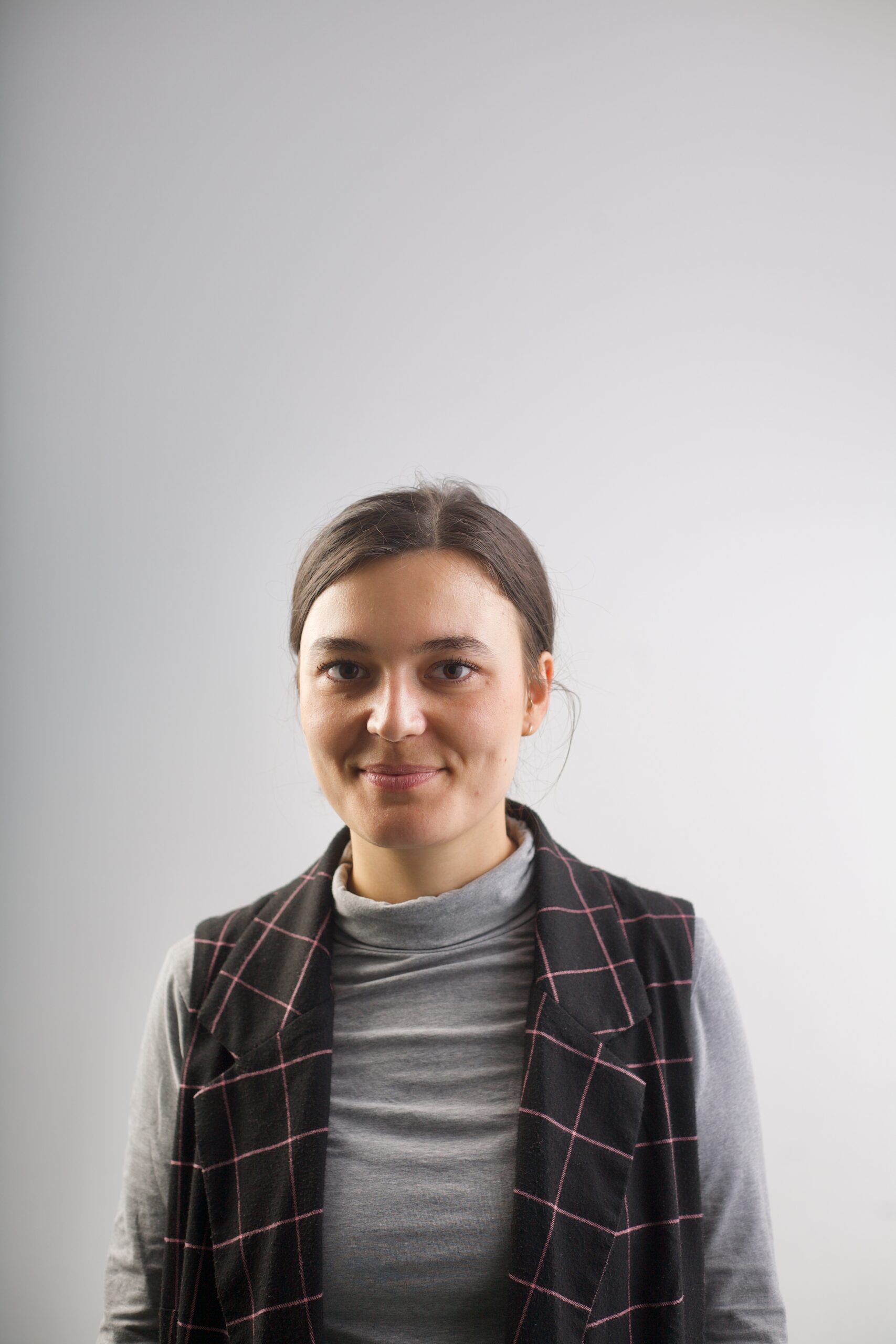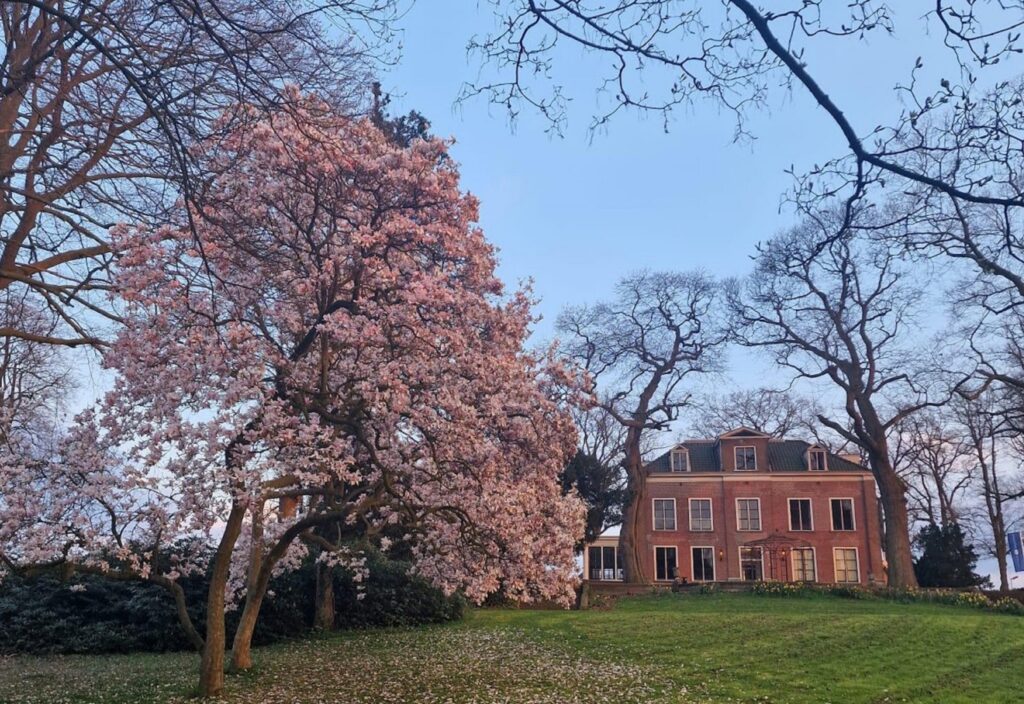Doing a PhD involves engaging in an ongoing learning process; always trying to build on your existing knowledge. You often need to learn things on the fly, or teach yourself new skills to progress to the next stage of your project. Usually, this is a gradual process, but recently I had the opportunity to attend the G-VERISTY summer school in Nijmegen, during which I learned a lot of new things in a very short period of time!
The keynote speaker Dr. Adnan Hossain spoke about postcolonialism and research on masculinity. I particularly enjoyed his approach to research. He suggested that allegiance to theory can be detrimental to research, and as such, theory should not be taken for granted, but repeatedly tested and compared with alternative ideas. He also emphasised that discursive constructions are important; that is, how we talk about concepts in our research shapes our research findings—not always for the better. If you conduct research on gender differences in a particular profession, then in all likelihood you will find differences. However, this focus on difference may actually be counterproductive to the aims of the research. For example, if you are conducting the research to uncover ways to reduce gender difference or increase gender diversity in a particular field, then focusing on difference rather than similarity is actually counter to the purpose of the research. So, simply doing research is not enough. How we frame our research produces a specific outcome, and if we ignore or are ignorant of this, then we can actually inadvertently produce findings that are counter to our aims. While this seems fairly logical, this is something that I still find challenging in my own work—how to frame my work so that it actually supports the outcomes I would like to argue for, rather than working against them or pulling focus in a different direction.
A large portion of the week was spent on writing. We had six hours of writing workshops, and then free writing time to consolidate what we had learned and reflect on issues we were currently having in our writing. This was particularly rewarding for me, as I have a particular interest in writing and enjoyed the opportunity to improve my skill set beyond what I had previously read in books on the subject. Learning that there are different “types” of writers was surprising to me; I discovered that my writing style is both creative and planned, but not very collaborative. This means that the pitfalls of my writing style tend to be that I spend a bit too much time waiting for inspiration, and that my inner critic is present at exactly the wrong time of the writing process! As it turns out, planning and re-writing should take the majority of “writing” time, while writing a first draft should only be about twenty percent of the total writing time. While it was disappointing to find out that my writing practice is not yet perfect, the information given in the workshops was incredibly encouraging. And, as always, talking about writing made me actually want to write, which was also fantastic!
The final part of the week was focused on personal and professional development. We had a career-carousel with four people who had completed their PhD, affording us the opportunity to ask questions about their chosen careers inside and outside academia. This was particularly interesting, as the majority of the speakers had changed jobs several times, some even transitioning between non-academic and academic careers. The openness of the speakers about their personal experiences and also the factors that contributed to their career decisions was incredibly valuable and helped to alleviate some of the already emerging “what will I do after the PhD” stress.
On the final day, we had a workshop on work-life balance with Dr. Samula Mescher. The workshop was incredibly tailored to our needs, which I really enjoyed. There was also an understanding of how academic environments differ from other work-contexts, and the ways in which this can reduce work-life balance when not properly attended to. In the workshop, we were called to define ambition for ourselves, and then think about the types of contributions we want to make at work, with others, and for ourselves. I particularly enjoyed the idea of planning self-care activities into my working week, rather than just leaving these as an afterthought.
Overall, the G-Versity Summer School in Nijmegen was an incredibly rewarding experience, both professionally and personally. Spending this time with other ESRs also enables us to talk about our research and give each other feedback. This is always fruitful, helps me feel supported in my work and allows me to continue learning and developing in my PhD!

Challenging manhood: When men strive for male-atypical professions (Czech Republic)
